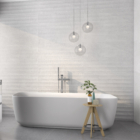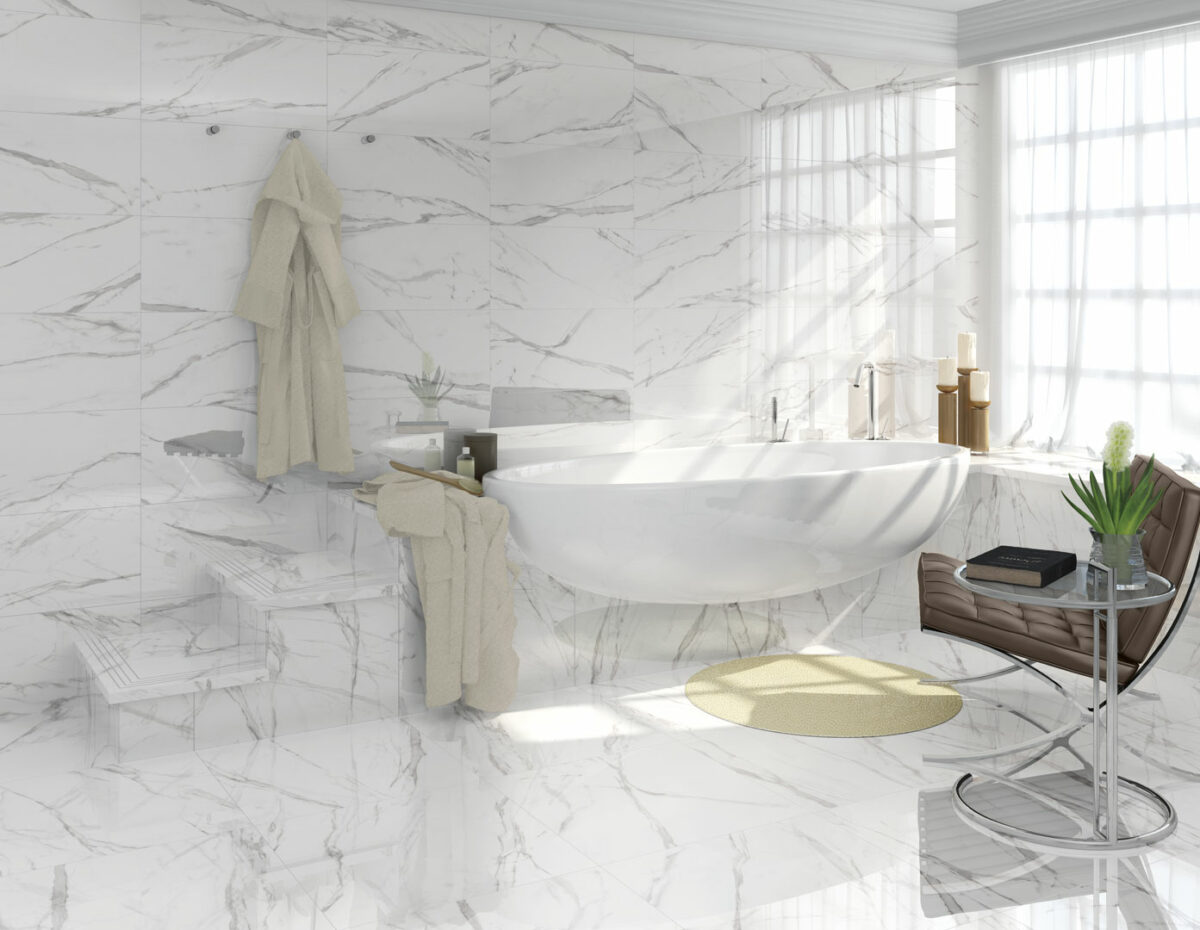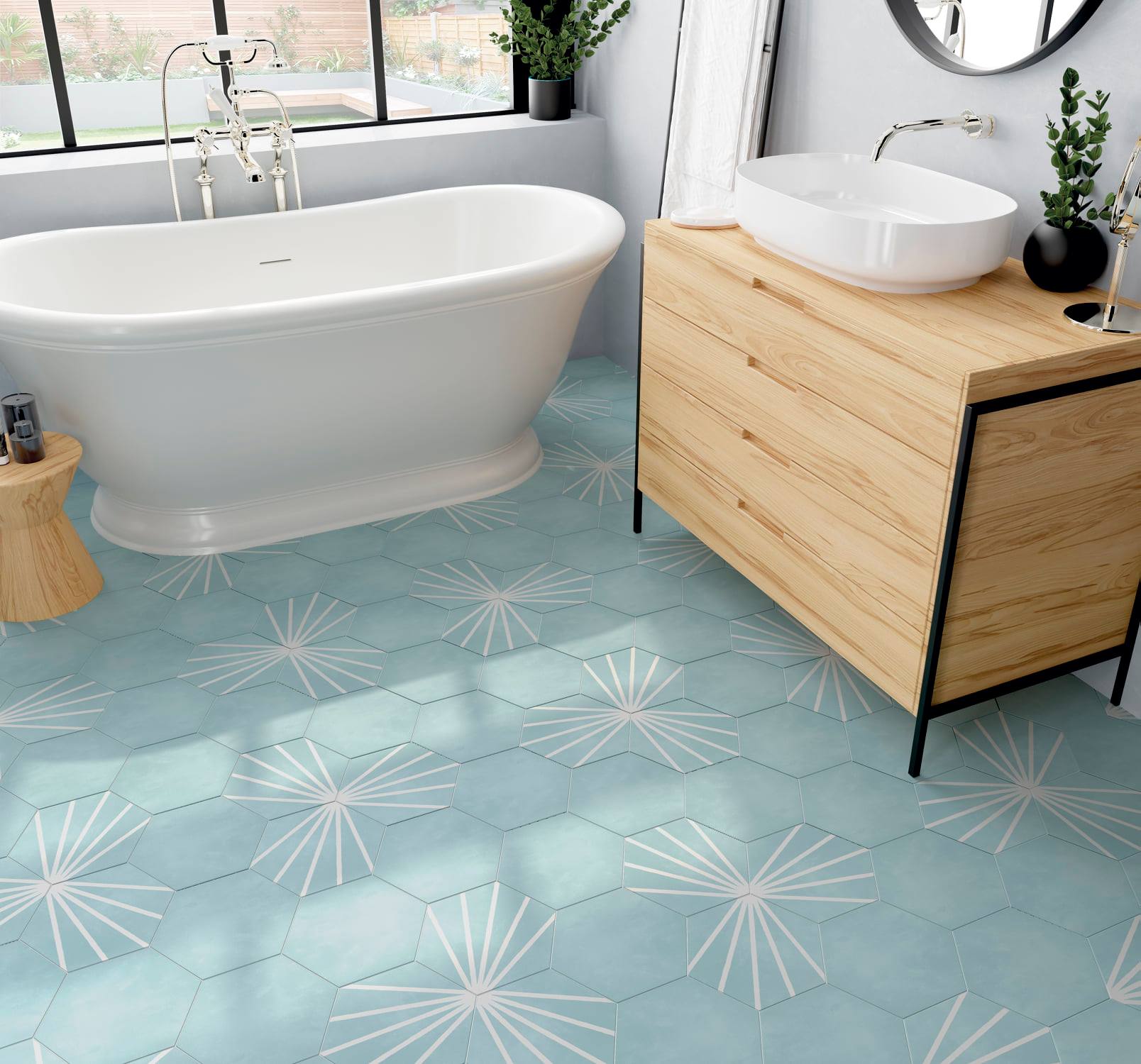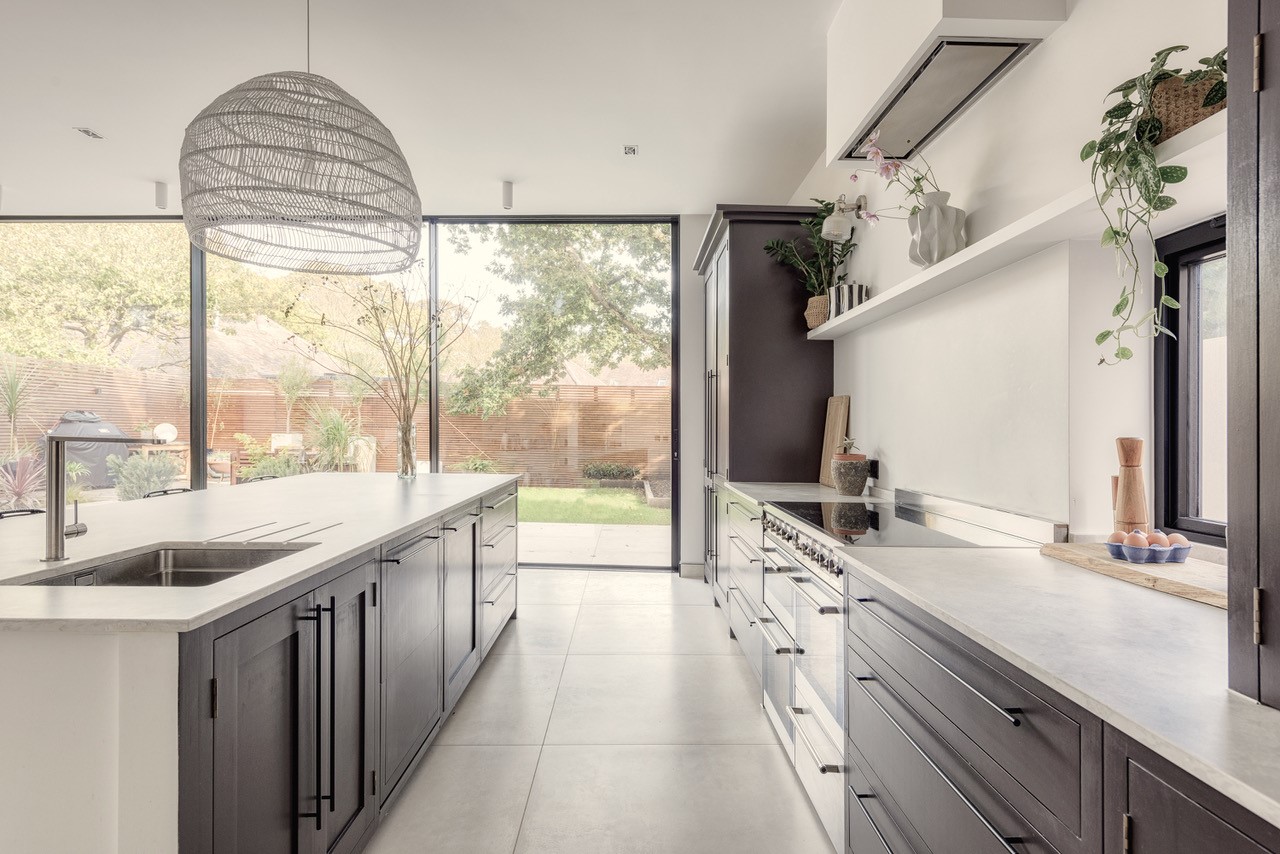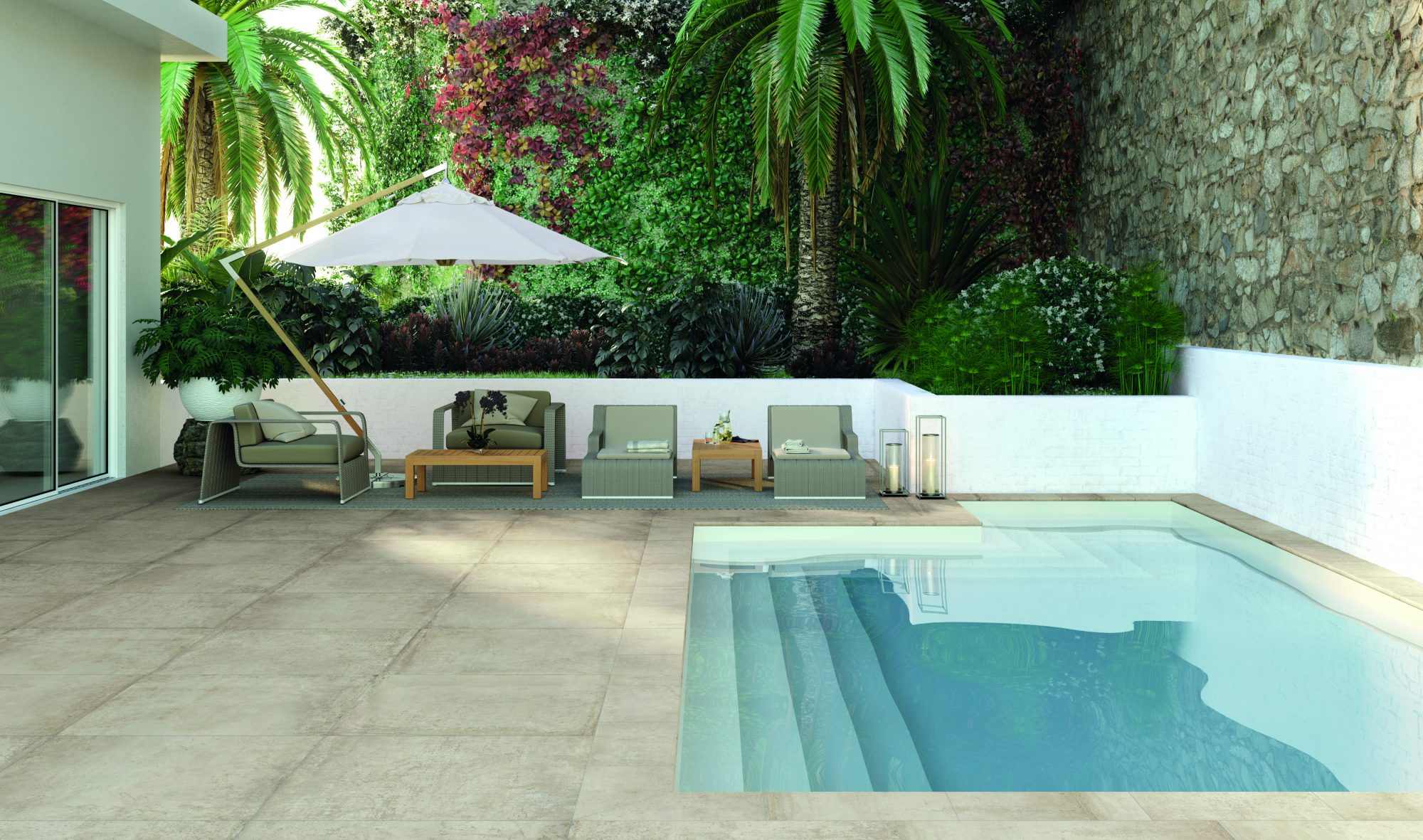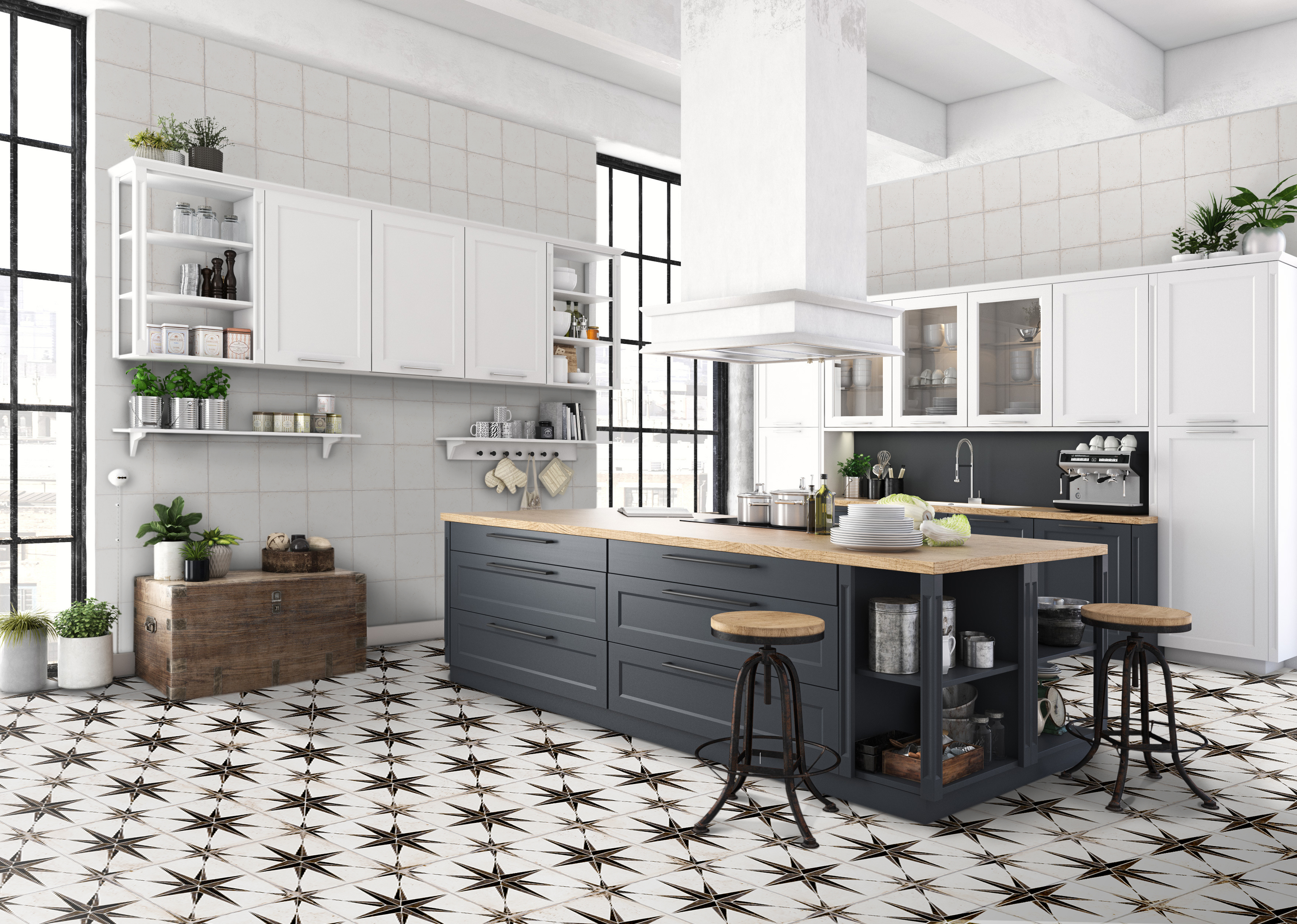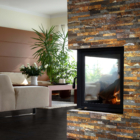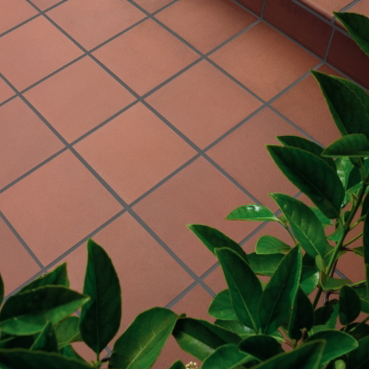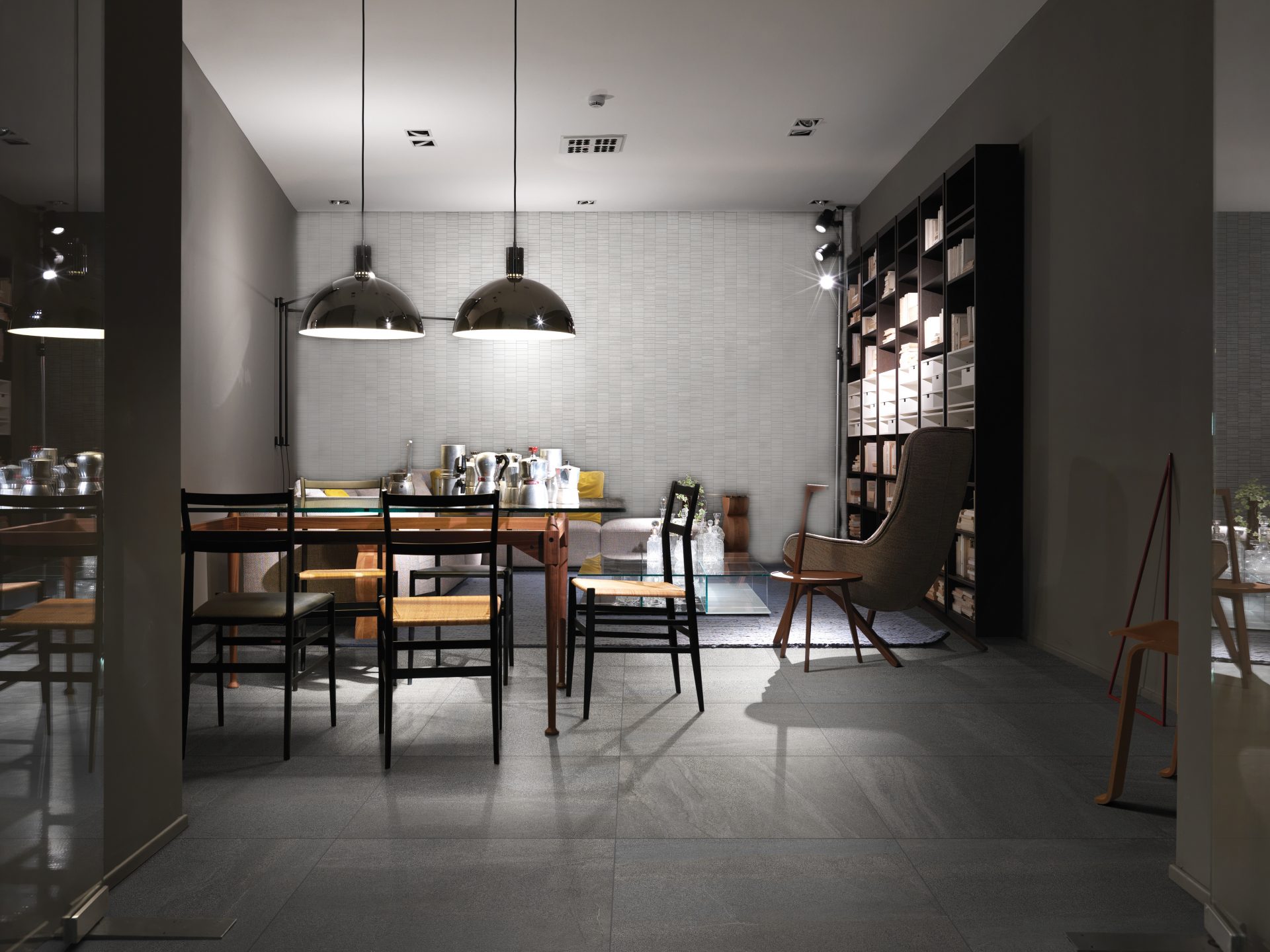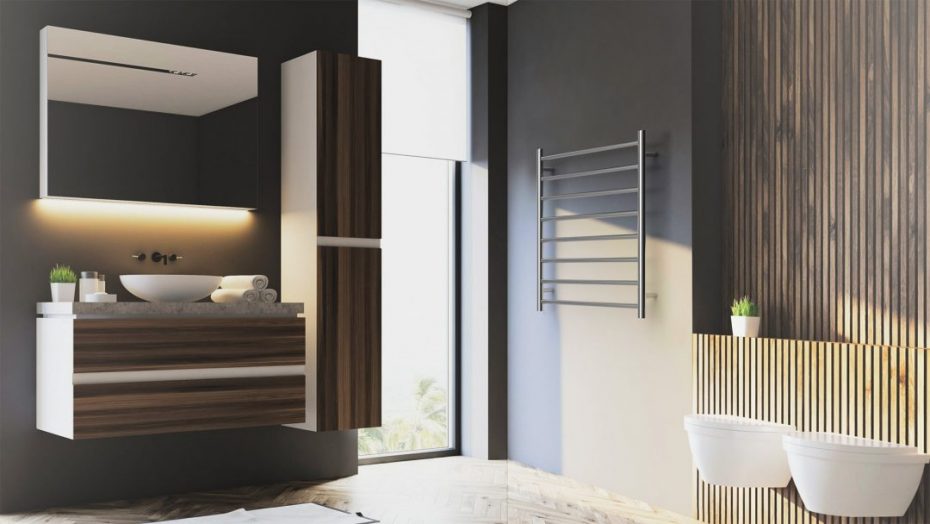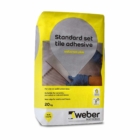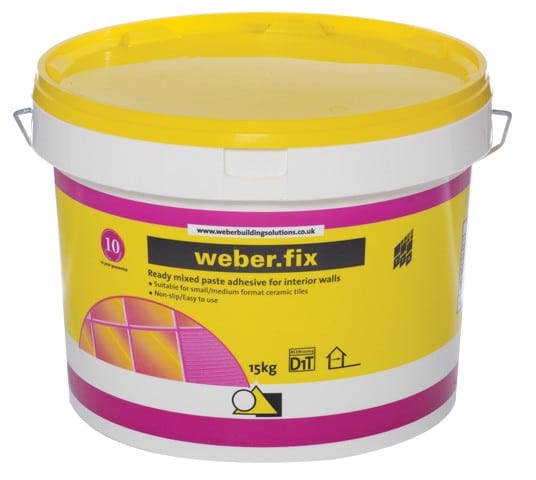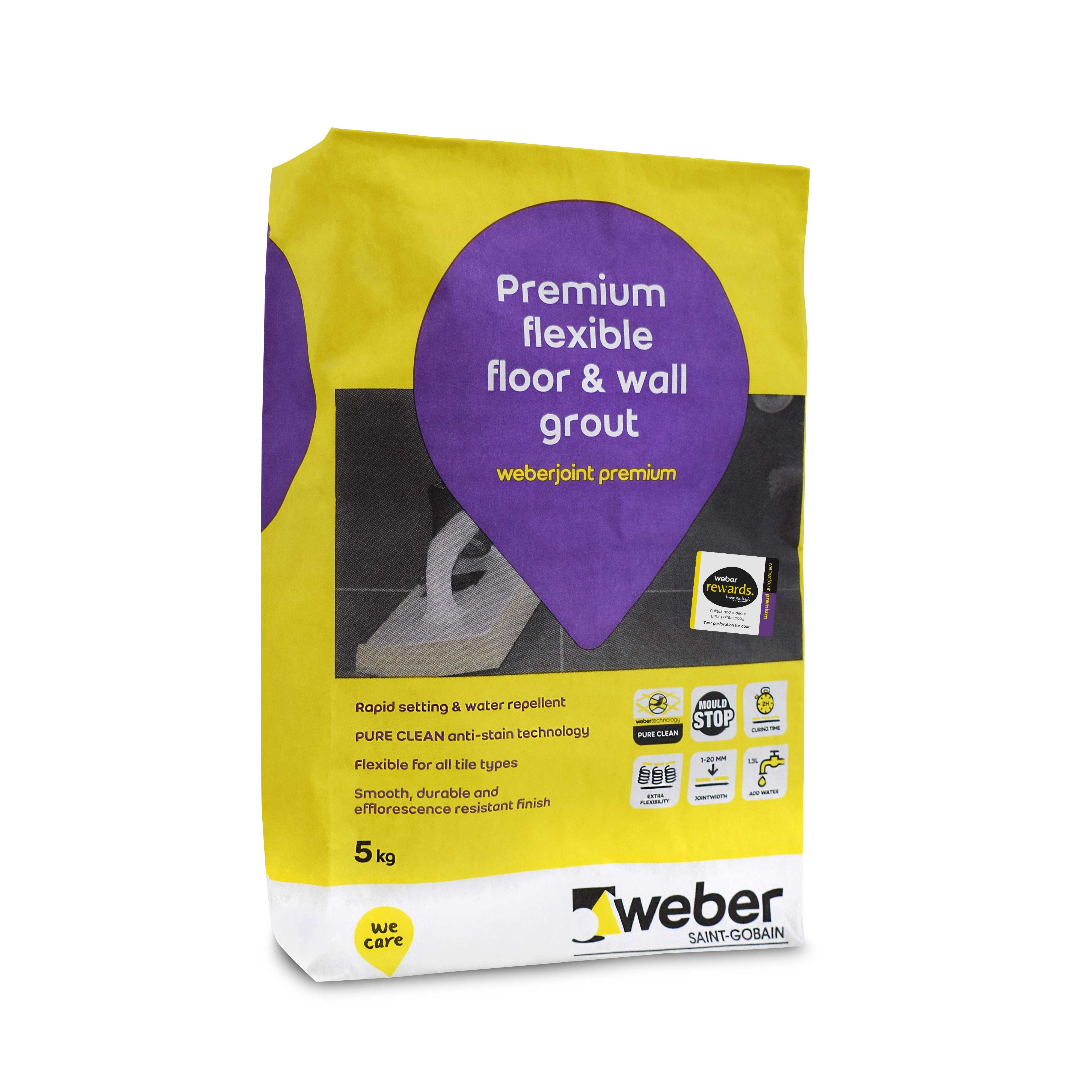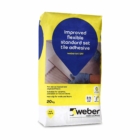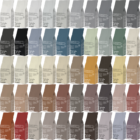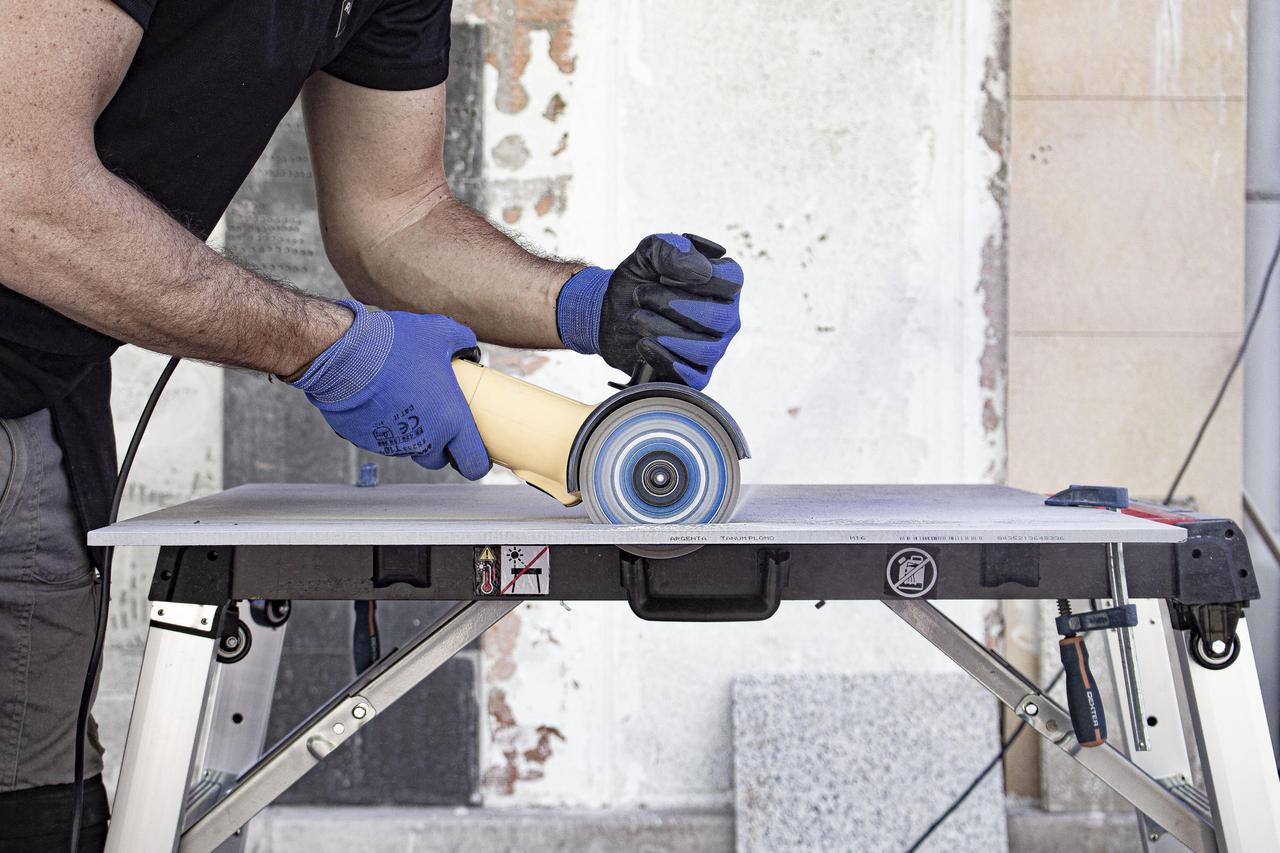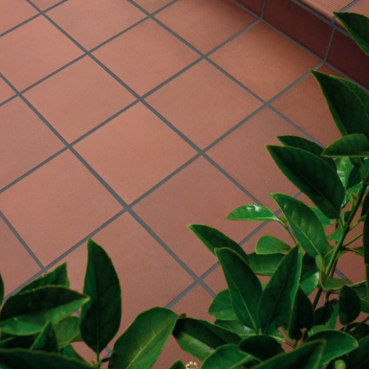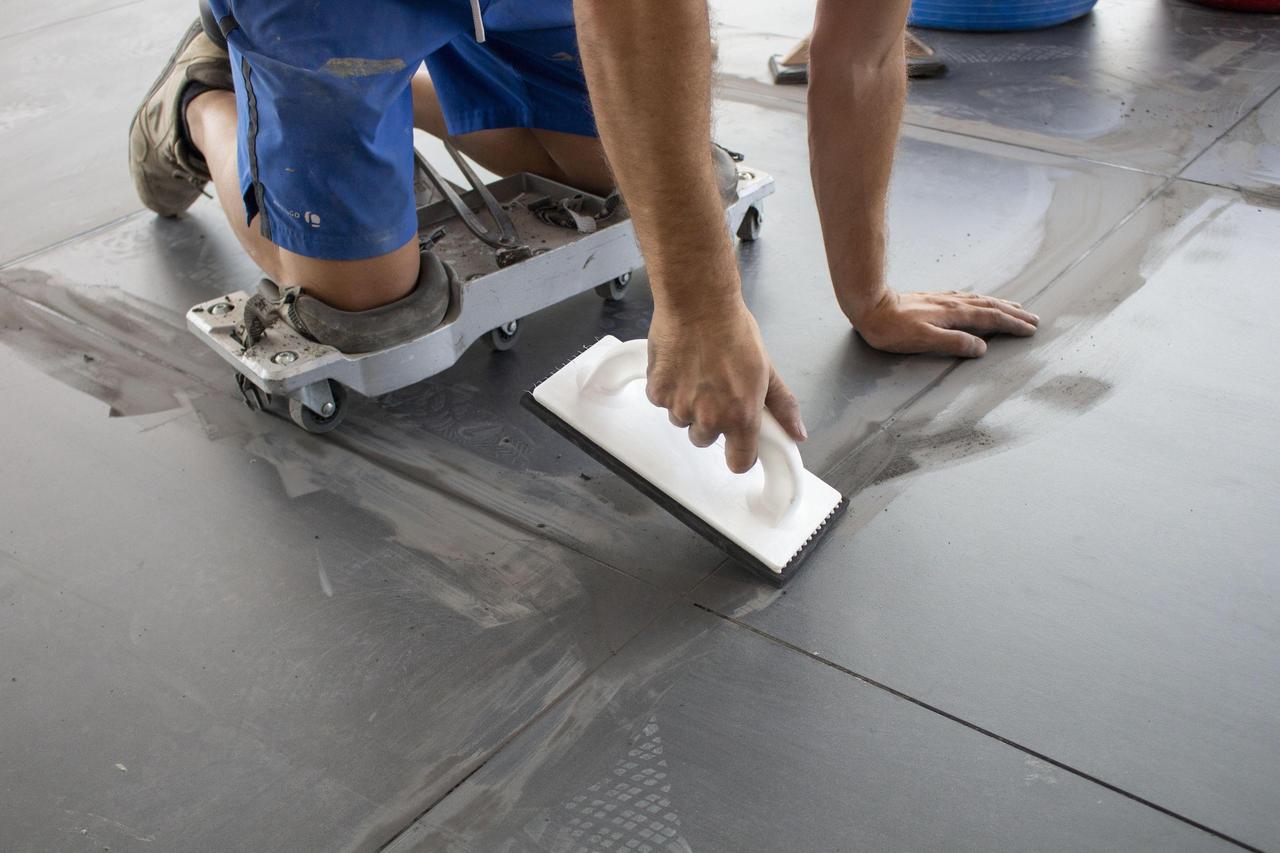Quarry Tiles Maintenence
Refer to our guide on keeping quarry tiles clean for more information and advice.
What is Quarry Tile?
Quarry tiles are a hard and impervious flooring consisting of minerals moulded and formed under intense temperatures in the kiln. Quarry tiles have a misleading name, as they don’t come from a quarry like natural stone tiles. In fact, quarry tiles have more in common with ceramic tiles than they do with natural stone tiles.
Quarry tiles are harder and more durable than ceramics like terracotta and natural stone tiles. The tiles are also nearly wholly water-resistant, making them a popular choice for people that don’t want to spend additional money on sealing the flooring after fitment.
Quarry tiles come in an unglazed format, but the natural weather-resistance of the flooring makes them ideal for indoor and outdoor applications.
Why Are Quarry Tiles Called Quarry Tiles?
As mentioned, quarry tiles don’t come from a quarry. Manufacturers produce this flooring from clay, feldspar, and shales, ground together and then fired in the kiln at very high temperatures. All of these materials do come from quarries, but the process of manufacturing does not require them to be cut from slabs in the same manner as granite or marble.
What is Quarry Tile Used for?
Due to its unique surface characteristics, quarry tile doesn’t suit some rooms of the home. We recommend that you use quarry in the living room, dining room and kitchen floors. The durable nature of the material is resistant to scratching and scuffing, and the tiles are so affordable, that replacing any broken tiles is not an expensive exercise.
Quarry tiles are fantastic for use in walkways and entrances, as the durable nature of the stone holds up to wear in high-traffic areas. Quarry also provides a decent level of slip-resistance that prevents falls on wet tiles.
We think that you should avoid using quarry tiles for kitchen backsplashes. This stone is very water resistant, but it still has some degree of permeability. Therefore, areas around the stove may trap grease and dirt in the pores, providing the ideal environment for the growth of bacteria. If you do want to use quarry as a backsplash, make sure you seal it after fitment.
What are Unglazed Quarry Tiles?
Most retailers sell quarry tiles in a raw and unfinished format. Since quarry tiles are the most affordable material available, many homeowners and businesses are looking for the most cost-effective tiling solution, and glazing adds to the final costs.
Glazing tiles provides them with a protective surface that s water resistant. However, the impervious nature of quarry tiles means that they don’t require sealing or glazing to improve their water and weather resistance.
How Thick Are Quarry Tiles?
Quarry tiles are not much thicker than ceramics, with most tiles measuring between 15 to 20-millimetres thick.
Are Quarry Tiles Heat Resistant?
Quarry tiles are resistant to heat, which is why they are a favourite tile used in pizza ovens. The flat surface of quarry tiles provides even heating, ensuring that there are no hot spots on the tiles. Unfortunately, this also means that they don’t work well in underfloor heating systems, as they take a long time to heat up.
We suggest you look at a ceramic product if you’re thinking about installing underfloor heating. However, if you do decide to go with quarry tiles for your new pizza oven, it’s vital that you choose the glazed type. High cooking temperatures heat the glaze, causing it to melt into your food, turning it toxic.
Are Quarry Tiles Porous?
Quarry tiles are a blend of quarried materials moulded into a shape and fired in the kiln at high temperatures. In most cases, these tiles face temperatures of 1,100 degrees Celsius or more inside the furnace, resulting in the removal of all of the air pockets in the material.
As a result of the high temperatures and removal of air pockets, these tiles have a moisture absorption rate of between 0.5 and 3-per cent, which is only one level below the grade of “impervious.” This absorption rate means that the tiles are very resistant to moisture, and in most cases, they don’t require sealing, even in outdoor applications.
While quarry tiles do have excellent resistance to moisture, they still will not be as impervious as glazed ceramic tiles.
Do Quarry Tiles Need to be Sealed?
Due to the nearly impervious nature of quarry tiles, they don’t require sealing in most cases. However, if you plan to use them in the kitchen as a countertop or splashback, then we recommend that you seal the tiles. Leaving them untreated provides bacteria with places to hide, and that the last thing you want on surfaces where you are preparing food.
If you’re installing quarry tiles in high-traffic areas of the home, then sealing them will help to improve wear resistance.
How Do You Remove Cement from Quarry Tiles?
Quarry tiles require fitment using a cement screed. As a result, when you’re done fitting the tiles, you may find that you have some cement on the surface of the flooring. Removing adhesive is typically a challenging process, and depending on how long you left it to dry, it may present a problem when trying to remove it from the tiles.
There are two recommended methods of removing cement from quarry tiles; mechanical and chemical. Here is everything you need to know to ensure that your tiling job gets a cement-free surface.
Mechanical removal – If your cement dries overnight, then we recommend you use a chisel and hammer to chip away as much of the material as possible, without damaging the flooring. Also known as “snots” in the building trade, dried cement on tiles requires the utmost care during removal to avoid damaging the surface.
After using your bolster and hammer to remove the bulk of the snots, take a wire scrubbing brush, along with some water to remove the rest of the cement. Using a wire brush will not damage the quarry tiles.
Chemical removal – If the mechanical removal fails, then you may need to resort to other methods to remove the dried cement from your flooring. Hardware stores sell acidic cement remover that eats away the snots, leaving your tiles looking clean.
Add the chemicals to your tiles, don some rubber gloves, and start scrubbing with your wire brush to remove the cement. As soon as the cement is gone, clean the surface of the tile to prevent the acidic cleaner from damaging the tile. If you don’t remove the chemicals after cleaning, it may lead to discolouration and pitting of the flooring.
What Is the Best Way to Clean Red Quarry Tiles?
Cleaning quarry tiles is a simple process. Follow this step-by-step guide to leave your tiles gleaming.
- Step 1 – Clean the surface of the tiles using a vacuum cleaner or broom. Make sure that you don’t use the beater bar on the vacuum cleaner, as this may trap debris, scratching the surface of the flooring.
- Step 2 – Use a weal dilution of antibacterial household cleaner in warm water to clean your tiles. A sponge mop will help you clean the surface without damaging the tiles. If your tap water is hard or contains minerals like lime, then its best to use distilled water for the cleaning solution. Lime may leave streaks on your tiles.
- Step 3 – After cleaning, fill your bucket with fresh distilled water, and mop the floor to remove any leftover residue.
- Step 4 – After cleaning the cement snots, dry the tiles using a micro-fibre mop to ensure the best streak-free finish.
- Step 5 – If you notice any stains on your tiles, you can use a light solution of distilled water and vinegar to restore the tiles to their former glory. The vinegar won’t damage the tiles and use a wire scrubbing brush to lift the stain. After you’re finished removing the stain, rewash the floor using the method described in step three.
Can you Paint Quarry Tiles?
One of the best features of quarry tiles is that they provide an excellent surface for painting. We recommend that you prime the surface before painting to ensure adequate adhesion of the paint to the tiles.
Painting your quarry tiles allows you to match any colour themes in your home or office, without the need to purchase expensive coloured ceramics. Quarry tiles are the best tiles for a limited flooring budget, and they still provide any room with a clean and durable surface.


